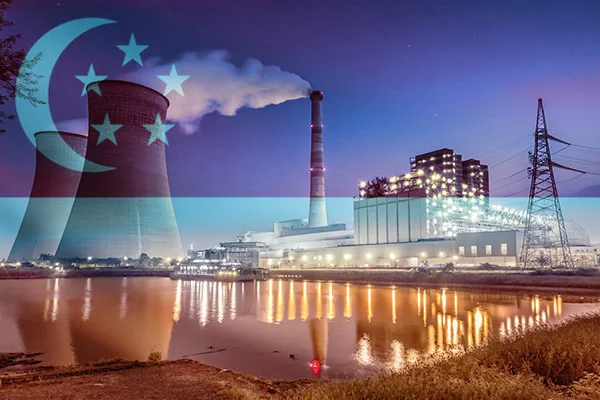Saturday, December 13, 2025
Innovation
Business
.webp)










.webp)































.webp)
